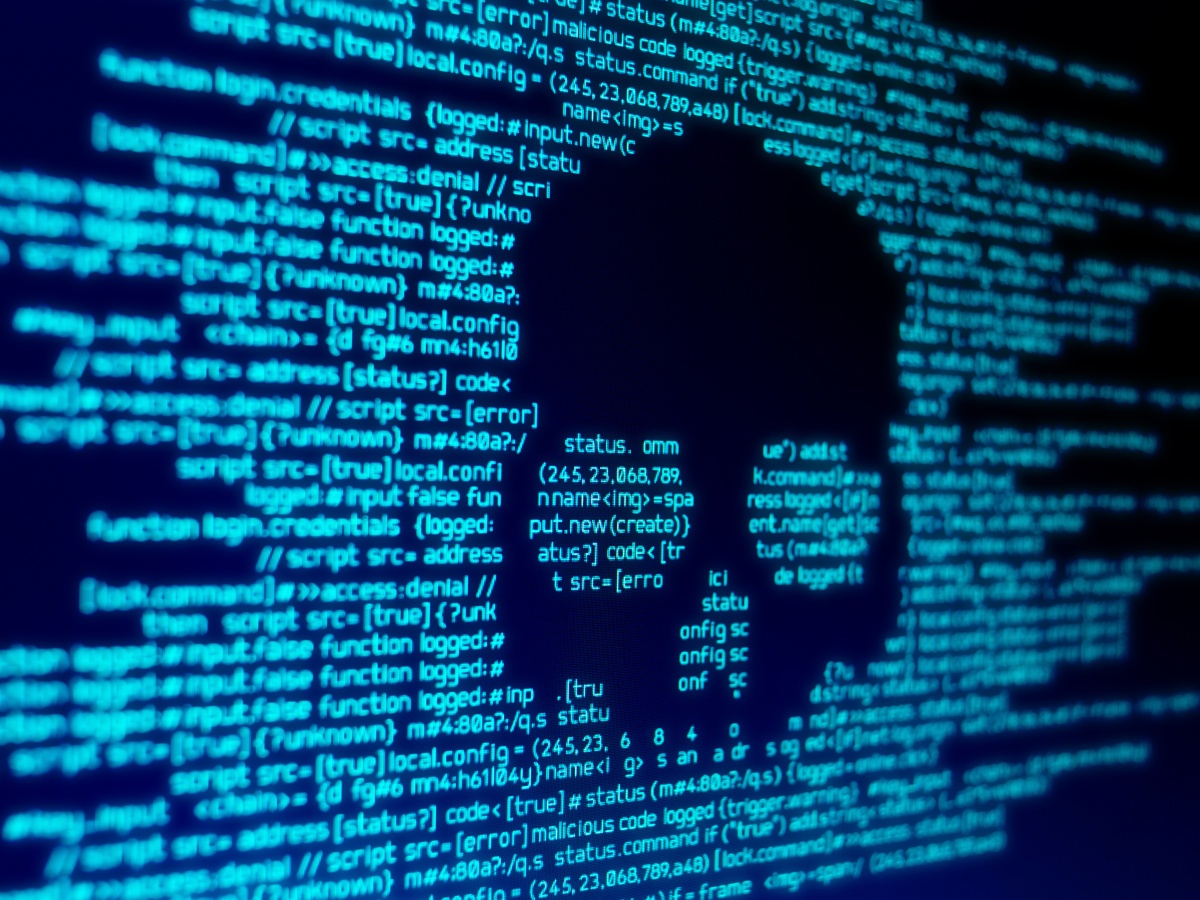![]()
Online threats rising in number and complexity, NordVPN CTO says.
Cybersecurity provider NordVPN blocked more than 27m malware incidents in Ireland between April and June this year, making the country the sixth most malware-affected in Europe.
The global number of blocked malware threats online rose by nearly 6.5pc compared to Q1 this year, said Nord, with .exe files remaining the main carrier at more than 180,000 threats, followed by .zip files and .dll files.
Moreover, detection for this threat reached its peak in May, when 1.2bn threats worldwide were identified and blocked by the company.
Meanwhile, Google is the most impersonated brand by threat actors, with more than 200,000 malicious, fake websites being identified. However, this is not the only one, as Yahoo, Telegram, Steam and Amazon are also widely impersonated.
According to Nord, the highest prevalence of malware is found on video hosting platforms, streaming services and content delivery networks.
These fake phishing websites or manipulated download links are made to look convincing. Using this, fraudsters gain access to sensitive credentials such as passwords or payment information. Nord warns that clicking these links can have severe consequences for users in Ireland.
However, as malware incidents rose, data tracking declined slightly. Still, with up to 58bn blocked activities in April, tracking remained the most frequently detected online threat this quarter, the company said.
“Our data shows that online threats are steadily increasing, not only in number but also in complexity. Today, users face a rapidly evolving digital threat landscape,” said Marijus Briedis, the chief technology officer of NordVPN.
“Cybercriminals deliberately exploit users’ trust in well-known brands and their everyday online habits to gain access to sensitive data as unnoticed as possible.”
While incidents in Ireland continue to rise, the US remains the most affected with 280m malware incidents, closely followed by Canada with 256m and the UK with 103m.
Briedis advises users to use strong, unique passwords and multifactor authentication, as well as to ensure that devices, apps and security software are regularly updated.
In addition, users should be wary of free offers such as pirated video hosting sites and unknown domains, check suspicious links and ensure that the websites they download from are safe.
Last month, the popular virtual private network provider found that more than 57m cookies from Irish users had flooded the dark web.
Cookies are small files of user information that a web browser stores. These files include login details and browser behaviour.
Don’t miss out on the knowledge you need to succeed. Sign up for the Daily Brief, Silicon Republic’s digest of need-to-know sci-tech news.
